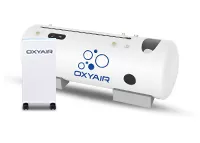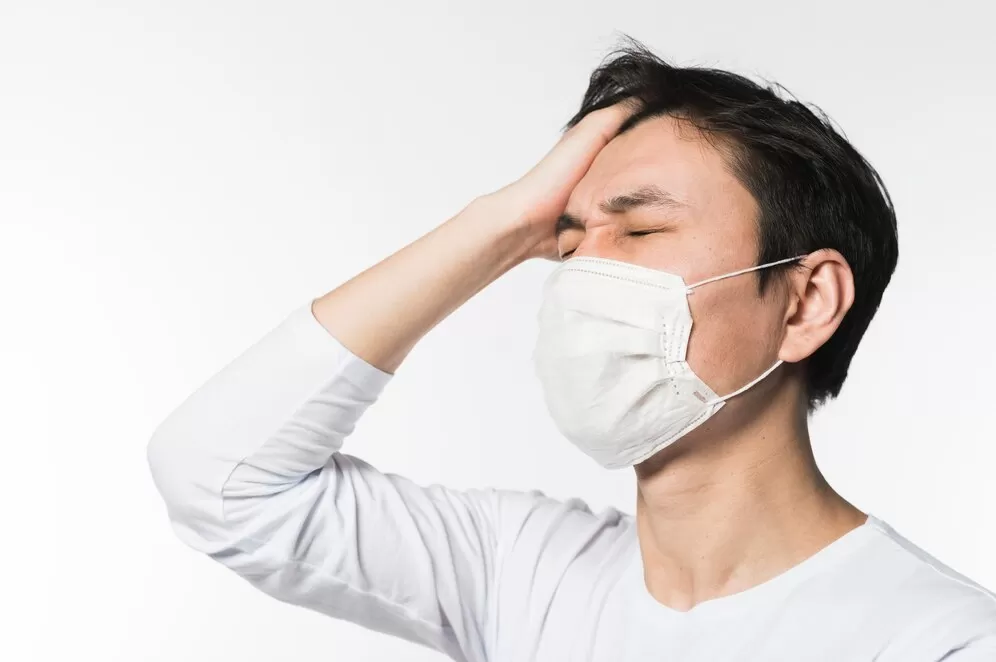Does Oxygen Get You High: Unraveling the Truth Behind Oxygen and Euphoria

Breathing in, we fill our lungs with life's essential gas - oxygen. But does this vital element hold the secret to a euphoric high? This question has piqued the curiosity of many, leading to a blend of myths and scientific inquiry. Let's dive deep into the world of oxygen to uncover the realities behind this intriguing query.
Key Takeaways
1.Oxygen is crucial for life, but its role in causing a 'high' is often misunderstood.
2.Medical and recreational oxygen use differ significantly, each with distinct implications.
3.Understanding oxygen levels and their impact on the body is key to debunking common myths.
Introduction to Oxygen and Perceived Highs
The essence of life, oxygen, is more than just a breath of air. It's a source of vitality and, for some, a speculated path to euphoria. But what truth lies behind the notion that oxygen can get you high?
The Scientific Perspective on Oxygen and Highs
Feeling 'high' often implies a state of altered consciousness or euphoria. Oxygen, vital for survival, plays a complex role in our body. Its impact, however, is not akin to the intoxicating effects one might associate with narcotic substances.
Debunking Myths: Oxygen and Euphoria
The idea that pure oxygen can induce a high is a blend of misconception and half-truths. While oxygen bars and certain therapies use concentrated oxygen, the sensation they provide does not equate to a narcotic high. Scientific evidence and expert opinions shed light on this often-misunderstood topic.check here
Oxygen Use in Medical and Recreational Settings
In medical emergencies and treatments, oxygen is a lifesaver. But its recreational use, seeking a feeling of euphoria, treads on risky grounds. The implications of both uses are vast and varied.
Oxygen Levels and Their Impact on the Body
From the oxygen-rich atmosphere to the controlled environments of medical facilities, the level of oxygen we breathe significantly impacts our health. High, normal, or low – each level has a unique effect on our physical and mental wellbeing.
The Role of Oxygen in Deep Sea Diving
Diving into the depths of the ocean introduces us to a different aspect of oxygen - its potential narcotic effects. Understanding these effects is crucial for divers, especially when it comes to calculating the equivalent narcotic depth (END) where oxygen is factored as a narcotic gas.
Oxygen Toxicity: Understanding the Risks
While oxygen is essential, too much of it can be harmful. Oxygen toxicity, a condition resulting from high levels of oxygen, poses significant health risks. Symptoms and preventive measures are critical knowledge for anyone dealing with high oxygen environments.
FAQs on Oxygen and High Sensations
Can breathing pure oxygen make you feel high?
The sensation of being 'high' from pure oxygen is more myth than reality.
What are the dangers of oxygen toxicity?
Oxygen toxicity can lead to lung damage, seizures, and other severe health issues.
Is recreational oxygen use safe?
While generally safe, it's important to be aware of the potential risks and limitations.
Best Practices for Oxygen Use
Whether it's for medical purposes or recreational use, knowing the best practices for oxygen use is vital. This includes understanding the right concentrations and durations for safe inhalation.
Conclusion: The Reality of Oxygen and Highs
In conclusion, the relationship between oxygen and the sensation of being high is more complex and nuanced than often perceived. While oxygen is vital for life, its effects on inducing a high are largely overstated and misunderstood.














